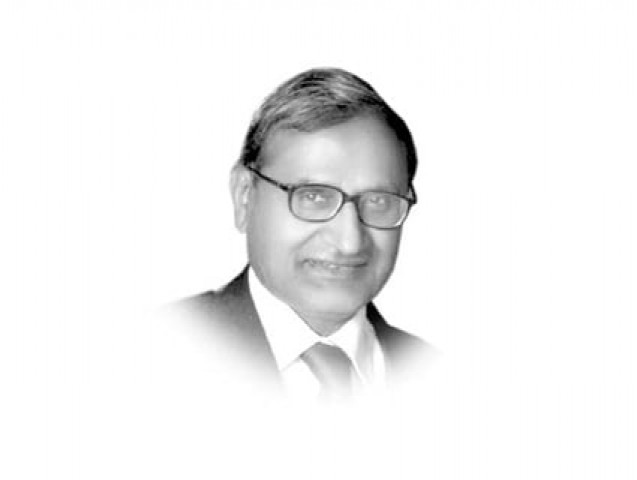Anchors and education
The way anchors conducted programmes betray a basic ignorance of the parameters of primary education.

Anchors and education
One programme seemed to focus on primary education. But the focus was quickly lost as the anchor kept confusing the issues of literacy, school education, colleges and universities. The worry was why Yousaf Raza Gilani’s promise of 15 new colleges and universities was not fulfilled. Political invitees kept talking about the colleges they had managed to set up in their own constituencies. The success story presented of a brave woman related to the fruits of higher education. The non-government sector was represented by a motivational campaigner, who has had success in setting up schools. At least, he was focused on the subject of primary education. He made the fantastic claim that his campaign had the possibility to speed-create in a few years, more schools than the total number at present. The claim went unchallenged. Now, adult literacy justifies a motivational campaign but primary education is a matter of careful planning and an implementable strategy. While the for-profit and non-profit sectors can chip in, the goal of universal primary education can never be achieved by these sectors. The government cannot and must not be allowed to abdicate this responsibility. In the Eighteenth Amendment, education was made a fundamental right of children aged five to 16 years, to be provided free and compulsorily. To give effect to this right, provinces were required to enact appropriate legislation. Neither the anchor nor the participants seemed concerned that except for the Islamabad Capital Territory, no steps have been taken towards this end.
Primary education is universally recognised as a right, higher education is not. Yet, the programme hosting the HEC chairman signalled precisely that. Agitating rising fees, a questioner asked whether the poor had a right to higher education. The chairman replied in affirmative saying it should be free, quickly adding that declining resources provided to the HEC by the finance ministry would only make it worse. Establishment of new universities in the poor and backward areas would also be affected. Higher education allows personal returns by embodying human capital. Entry has to be on merit. The government’s role is to target resources towards the poor who have merit. In any case, the Eighteenth Amendment leaves only a regulatory role for the HEC, a subject never brought up in the discussion. Mostly it was about the overextended role as builder of new universities and the inspection of degrees. An interesting observation was that the HEC rules for PhDs were more stringent than in the United States. Even if so, the question is the observance of norms and enforcement of rules, which makes Pakistan institutionally deviant. The chairman vouched for strict observance of the criteria laid down for HEC-approved universities. He only need visit the Government College University in Lahore, which does not have a single full professor in its social science faculty. An economics PhD programme is running with no PhD on the regular faculty.
Published in The Express Tribune, August 10th, 2012.















COMMENTS
Comments are moderated and generally will be posted if they are on-topic and not abusive.
For more information, please see our Comments FAQ